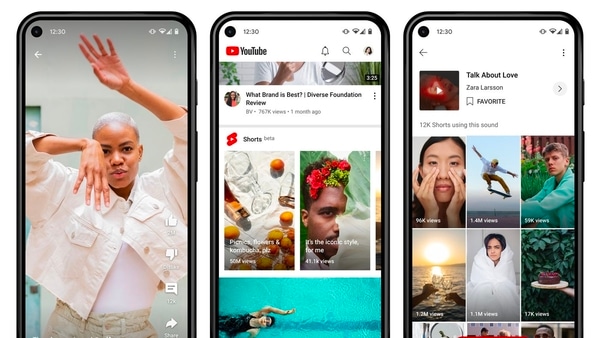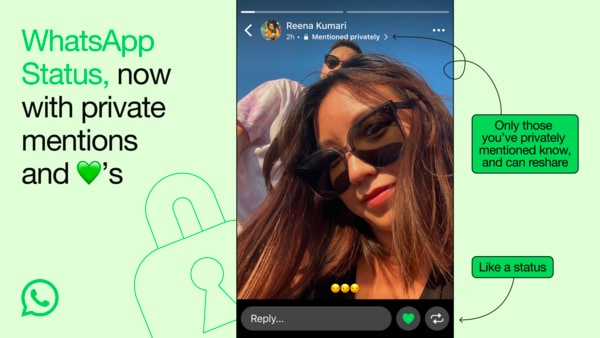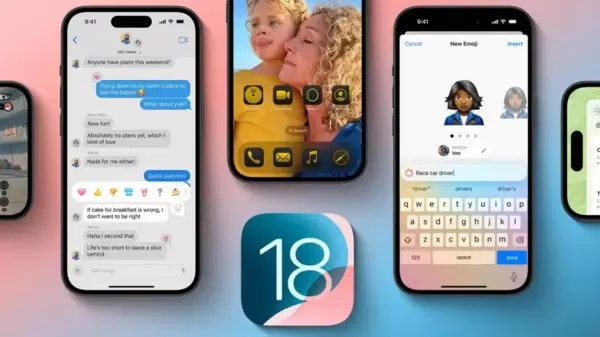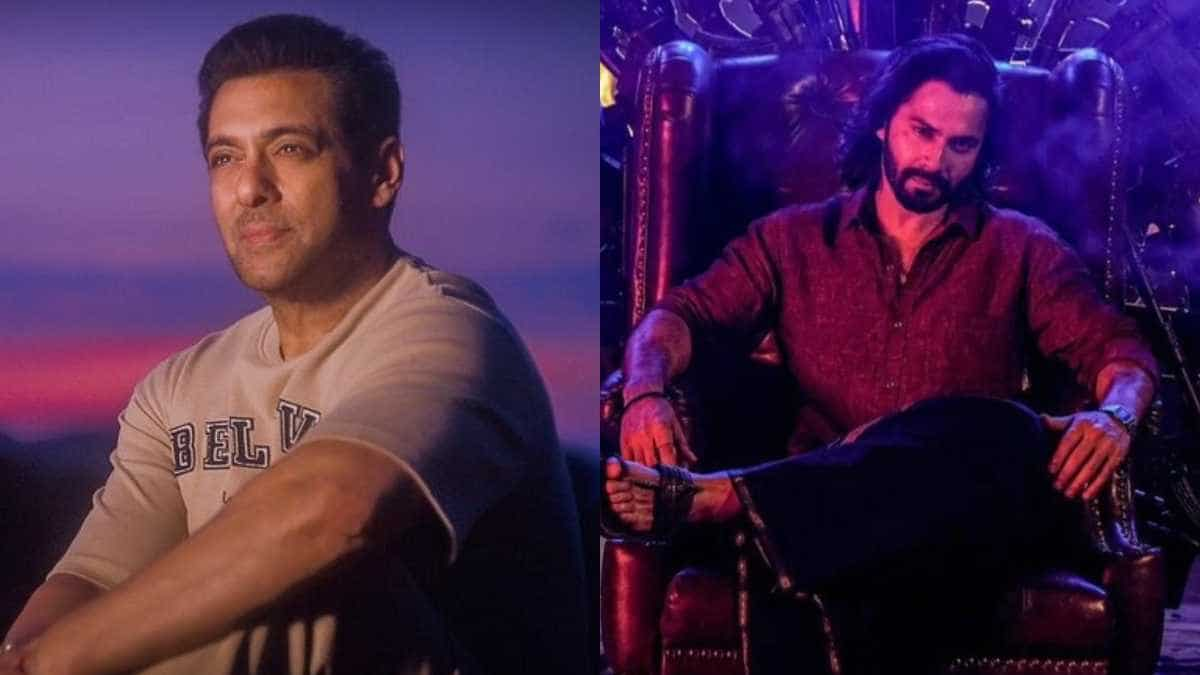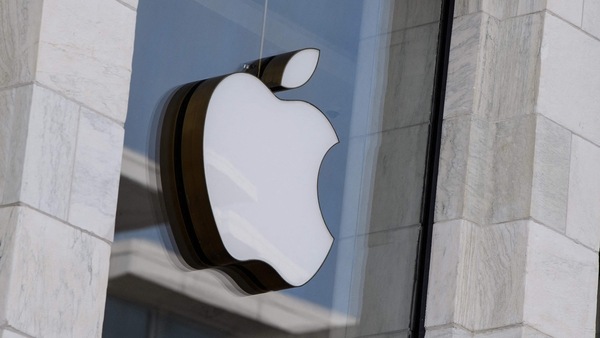
Arvind Kejriwal's iPhone vs ED: 3 times Apple refused to unlock iPhones for govt
6 months ago | 37 Views
In recent years, there have been instances when governments around the world have asked Apple to aid in their investigations by unlocking the accused's iPhone, with some of them even approaching the court in a bid to convince Apple to follow their instructions. The company also revealed that it had indeed cooperated with governments in about 70 such past instances. However, in recent times, Apple has simply denied the requests, suggesting the importance it gives to privacy.
1. 2016's drug bust
In 2016, the US government invoked a 227-year-old law, the All Writs Act, which requires the assistance of third parties to fulfil a previous court ruling. While it is a general-purpose law, the US govt asked Apple to unlock a drug dealer's iPhone 5c who was accused of dealing methamphetamine. Although the prosecutors had a search warrant for the iPhone, it was locked with a passcode that could not be cracked, thus, prompting them to urge the court to convince Apple to unlock it. However, Apple refused to meet these demands, with a Brooklyn judge later ruling that it indeed did not have to do so.
2. San Bernardino attack
In another 2016 case, the Federal Bureau of Investigation urged Apple to unlock an iPhone 5s belonging to one of the shooters in the San Bernardino attack of 2015 where 14 people lost their lives. Apple refused, telling the FBI that it had provided the data in its possession and that it could not access the contents of a locked and encrypted iPhone. The FBI simply wanted a type of master key installed where it allowed them to guess the iPhone password again and again without running into security warnings.
Calling for the US Department of Justice to withdraw this order, Apple CEO Tim Cook wrote to his employees in an email, ?At stake is the data security of hundreds of millions of law-abiding people and setting a dangerous precedent that threatens everyone's civil liberties.?
3. FBI's attempts
While not related to one specific case, the FBI has long been after Apple, urging it to install a backdoor in iPhones through a special version of iOS which would allow security agencies to get access to the device. However, on all occasions, Apple has denied the requests outright, claiming that it would undermine the security of millions of iPhone users worldwide. While it could help security agencies on certain occasions, there was no telling whether criminals would also take advantage of it to steal other people's data.


